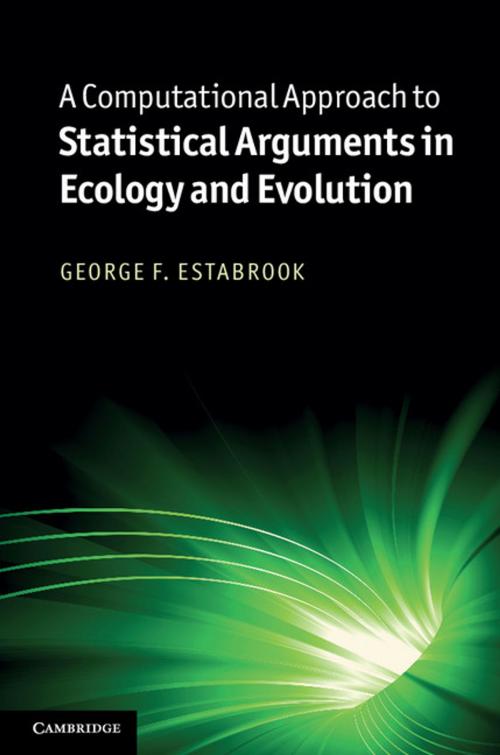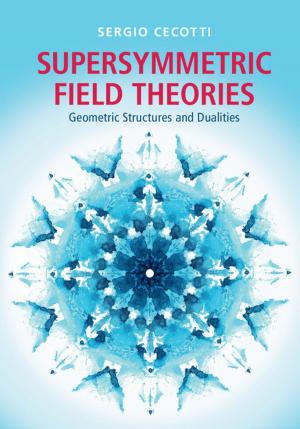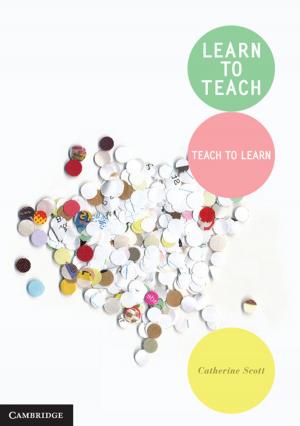A Computational Approach to Statistical Arguments in Ecology and Evolution
Nonfiction, Health & Well Being, Medical, Reference, Biostatistics, Science & Nature, Mathematics, Science| Author: | George F. Estabrook | ISBN: | 9781139124805 |
| Publisher: | Cambridge University Press | Publication: | September 29, 2011 |
| Imprint: | Cambridge University Press | Language: | English |
| Author: | George F. Estabrook |
| ISBN: | 9781139124805 |
| Publisher: | Cambridge University Press |
| Publication: | September 29, 2011 |
| Imprint: | Cambridge University Press |
| Language: | English |
Scientists need statistics. Increasingly this is accomplished using computational approaches. Freeing readers from the constraints, mysterious formulas and sophisticated mathematics of classical statistics, this book is ideal for researchers who want to take control of their own statistical arguments. It demonstrates how to use spreadsheet macros to calculate the probability distribution predicted for any statistic by any hypothesis. This enables readers to use anything that can be calculated (or observed) from their data as a test statistic and hypothesize any probabilistic mechanism that can generate data sets similar in structure to the one observed. A wide range of natural examples drawn from ecology, evolution, anthropology, palaeontology and related fields give valuable insights into the application of the described techniques, while complete example macros and useful procedures demonstrate the methods in action and provide starting points for readers to use or modify in their own research.
Scientists need statistics. Increasingly this is accomplished using computational approaches. Freeing readers from the constraints, mysterious formulas and sophisticated mathematics of classical statistics, this book is ideal for researchers who want to take control of their own statistical arguments. It demonstrates how to use spreadsheet macros to calculate the probability distribution predicted for any statistic by any hypothesis. This enables readers to use anything that can be calculated (or observed) from their data as a test statistic and hypothesize any probabilistic mechanism that can generate data sets similar in structure to the one observed. A wide range of natural examples drawn from ecology, evolution, anthropology, palaeontology and related fields give valuable insights into the application of the described techniques, while complete example macros and useful procedures demonstrate the methods in action and provide starting points for readers to use or modify in their own research.















